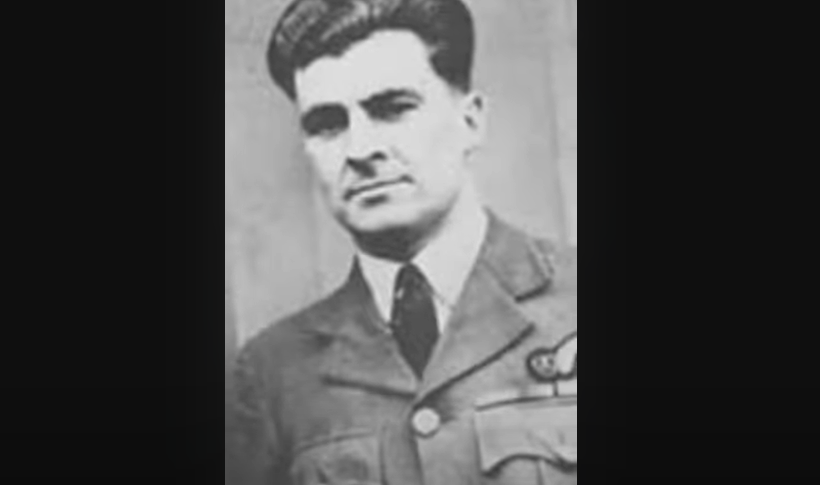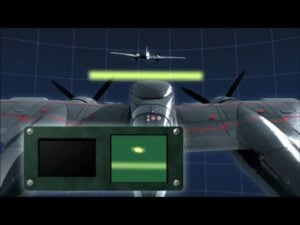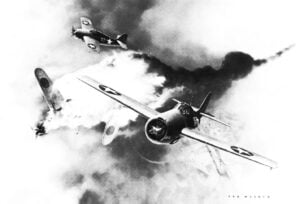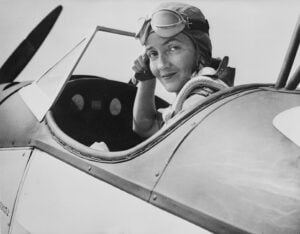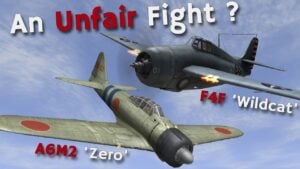The Story of the Lancaster Hero Who Climbed Onto a Burning Wing in Mid-Air During WWII
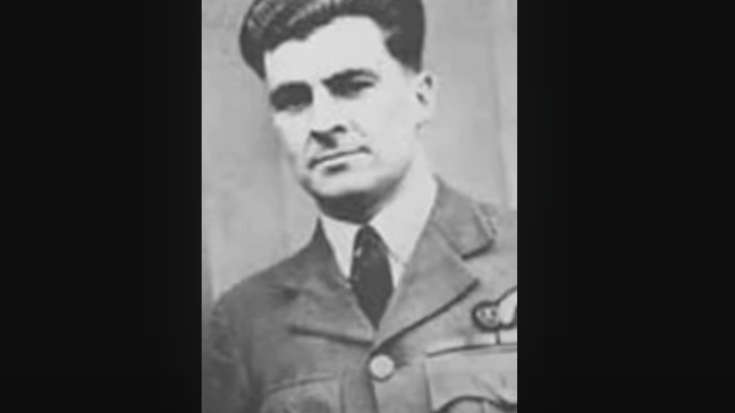
War History Online / YouTube
From Flight Engineer to Wing Walker
Norman Cyril Jackson served as a flight engineer aboard an Avro Lancaster bomber. On the night of 26–27 April 1944, his crew was part of a bomber force striking the ball bearing works at Schweinfurt, Germany. After the bombs were dropped, their Lancaster was attacked by a German Fw 190 fighter. A fire broke out on the starboard wing, dangerously close to a fuel tank, while shell fragments injured Jackson in his leg and shoulder.
Despite his wounds, Jackson volunteered to crawl out of the aircraft to fight the flames. He clipped on a small fire extinguisher and strapped on his parachute, then opened the escape hatch and began inching over the fuselage toward the burning wing. As he progressed, the parachute accidentally deployed into the cockpit, and his crewmates gathered the lines and paid them out so Jackson could continue his crawl.
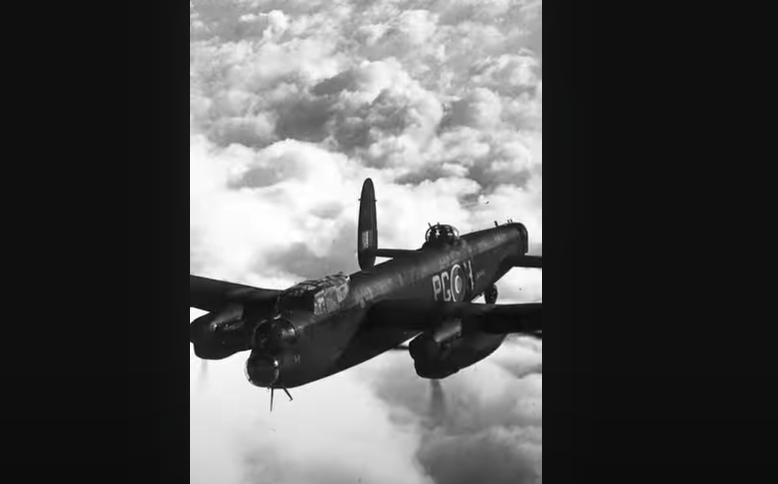
A Battle with Flames at 20,000 Feet
While the Lancaster traveled at about 200 miles per hour and at altitude, Jackson clung to a wing air intake after slipping onto the wing surface. Flames licked around him, scorching his face and hands. The German fighter returned and strafed the bomber again, firing at Jackson. He was hit twice in the legs and was thrown off the wing.
Jackson fell some 20,000 feet, his parachute canopy shredded and smoldering. He landed hard, breaking his ankle and suffering severe burns to his hands and face, even losing use of his right eye. Crawling through wounded and exhausted, he made it to a German village where locals found him. He was taken prisoner after several days.
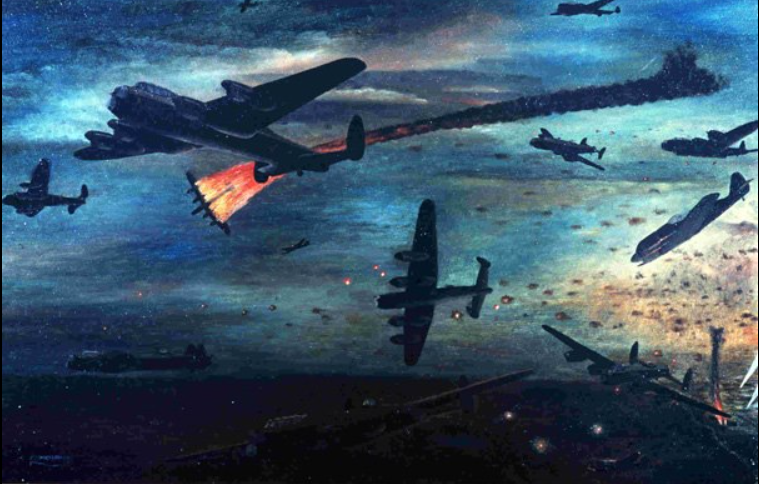
In Captivity, Escape, and Recognition
Jackson spent ten months in German hospitals recovering before being transferred to Stalag IX-C, a prisoner-of-war camp. He made two escape attempts, succeeding on the second. He trekked to Allied lines and met with elements of the U.S. Third Army near Munich.
His crew survived the raid and, after the war ended, their testimony brought Jackson’s heroics to light. He was promoted to warrant officer and was awarded the Victoria Cross in 1945.
